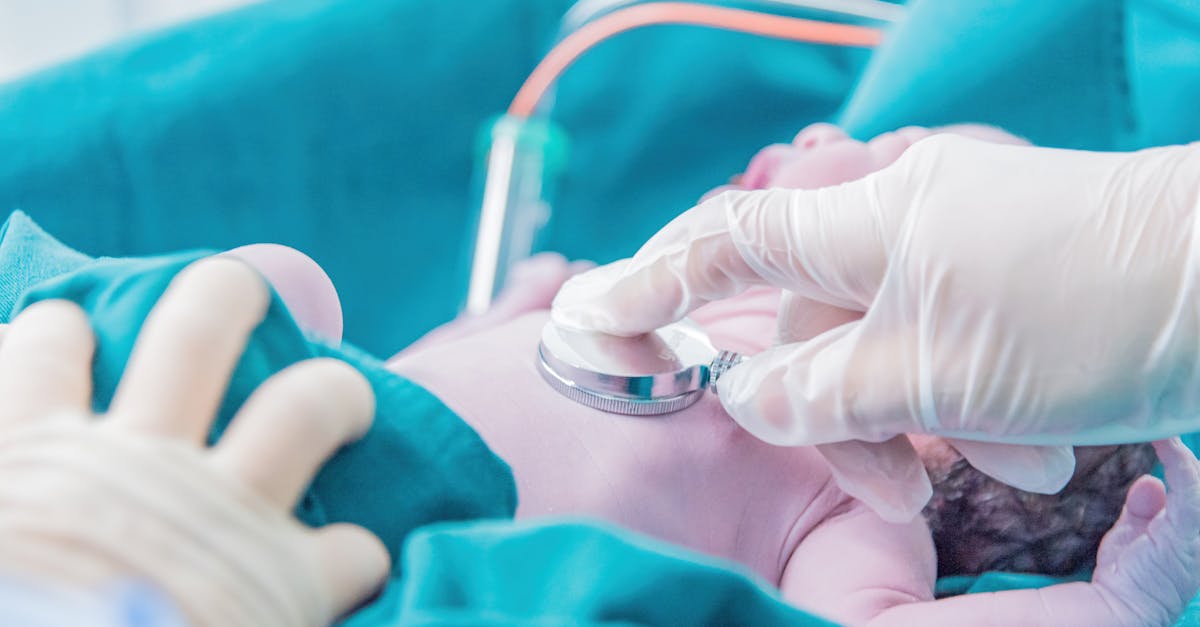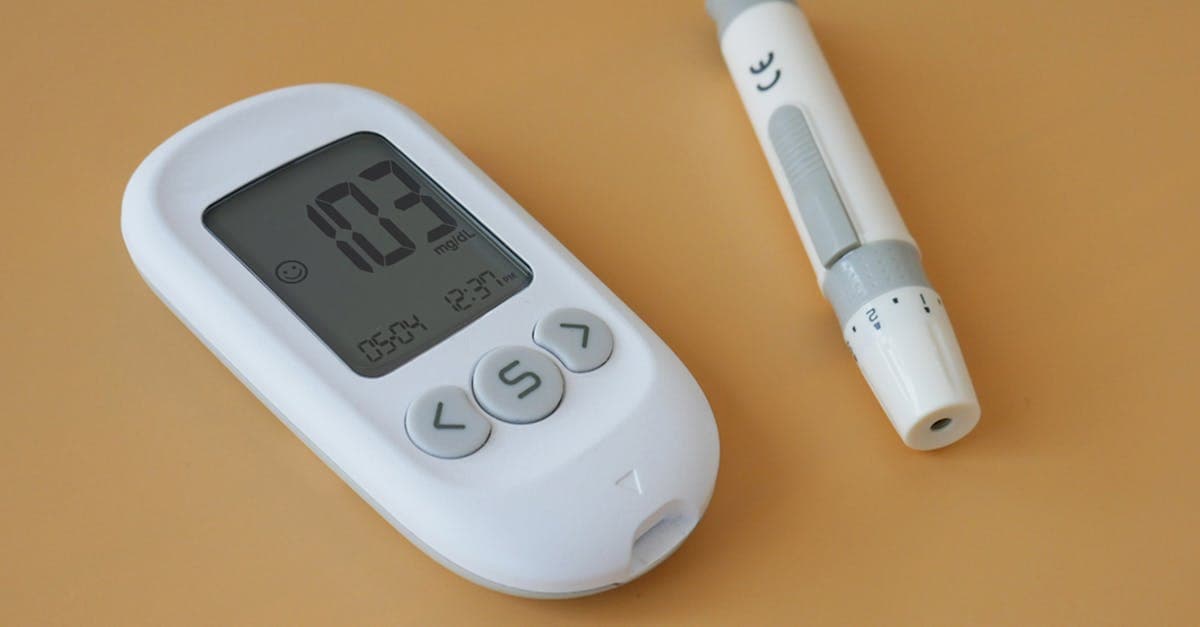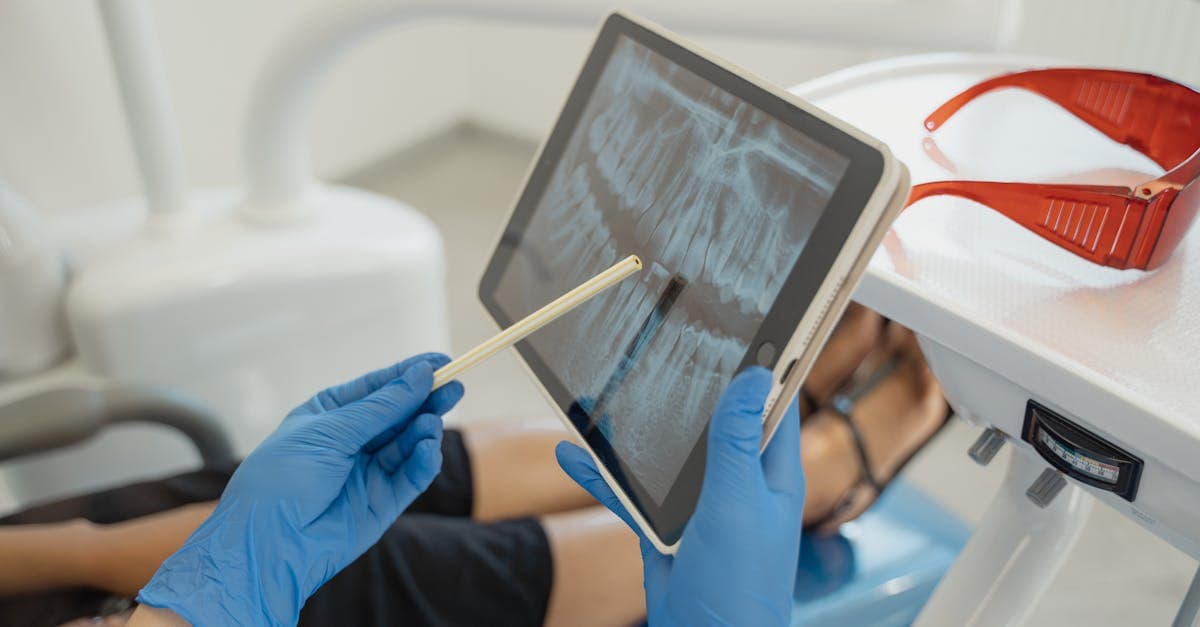Published on:
5 min read
Essential Postnatal Care: Nurturing New Moms and Their Babies
Postnatal care is crucial for new moms and their babies, ensuring both receive the support they need during this transformative period. From physical recovery to emotional well-being, understanding essential postnatal practices can make a significant difference in early motherhood.

Understanding Postnatal Care
Postnatal care refers to the care provided to the mother and newborn in the weeks and months following childbirth. It is important for mothers to not only focus on their newborn's needs but also prioritize their recovery. During this period, women experience significant physical and emotional changes due to hormonal shifts and the demands of caring for a newborn. Adequate postnatal care can help address common issues such as postpartum depression, fatigue, and physical recovery from childbirth. Healthcare professionals play a crucial role in guiding new mothers through this journey, providing resources for physical health, emotional well-being, and practical parenting support.
Physical Recovery Postpartum
The physical recovery for new mothers primarily involves healing from childbirth. Whether it's a vaginal delivery or a cesarean section, women need time and care to recover. Key areas of focus include managing pain, improving mobility, and resuming physical activities. Postpartum check-ups are vital in monitoring healing and offering medical advice. Additionally, learning about pelvic floor exercises can be beneficial in restoring strength and preventing complications. Nutrition also plays a crucial role; a balanced diet rich in vitamins and minerals can help boost energy levels and support breastfeeding. Patience is essential, as every woman's recovery timeline varies, and emphasizing self-care is equally important.
Emotional Support for New Moms
The emotional journey after childbirth can be just as challenging as the physical one. New moms often face feelings of anxiety, sadness, or overwhelm, which are compounded by sleep deprivation and the pressures of new parenthood. Establishing a support network—comprising family, friends, and healthcare professionals—can provide emotional relief and reassurance during this challenging time. Joining parenting groups, engaging in community forums, or seeking therapy can also be beneficial. It's important to acknowledge these feelings and communicate openly about them. Self-care routines, which might include leisurely walks, hobbies, or quiet time, can dramatically improve mental health and well-being, making the transition to motherhood smoother.
Conclusion
In conclusion, essential postnatal care encompasses both the physical and emotional aspects of recovery for new mothers. By prioritizing their health and seeking support, new moms can ensure a more positive experience during this transformative time. Remember, taking care of oneself helps create a nurturing environment for both the mother and her baby, fostering a strong bond and setting the stage for a healthy journey ahead.
Published on .
Share now!










